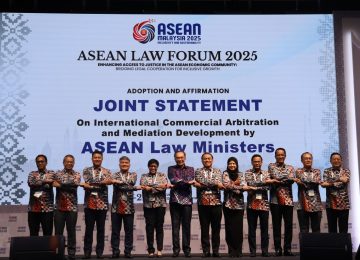A key United Nations body overseeing the Paris Agreement’s new carbon market mechanism has issued a stark warning regarding a major funding shortfall. This is even as it achieves significant progress in rolling out the rules for high-integrity carbon credits.
$13 million funding shortfall reported:
The Supervisory Body for the mechanism under Article 6.4 of the Paris Agreement, often dubbed the Paris Agreement Crediting Mechanism (PACM), presented its annual report at COP30, revealing a funding gap of roughly $13 million for the current year.
The body, which is tasked with replacing the Kyoto-era Clean Development Mechanism (CDM) with a more robust and transparent global structure, warned that its operations are “not yet self-financing.” It described the shortfall as a “critical constraint” that could severely limit its ability to scale up the mechanism and achieve its mandate. It urged Parties to the Paris Agreement to step in and secure the necessary resources to expedite full operationalization.
Rules for high-integrity credits finalized:
Despite the financial crunch, the Supervisory Body highlighted its success in establishing a “robust framework for high-integrity carbon credits.” At COP30, the body confirmed the adoption of new, stringent technical criteria, including standards for baselines, additionality (ensuring projects genuinely reduce emissions), leakage, and non-permanence (managing the risk of climate gains being reversed).
The adoption of these rules is intended to restore trust in global carbon markets, which have faced significant credibility crises. The body also approved its first full methodology under the new framework for capturing and using landfill gas, marking a crucial step toward operationalizing the market.
Uncertainties and capacity building:
Officials noted that the ultimate success of the PACM hinges on governments’ commitment to using these credits toward meeting their nationally determined contributions (NDCs). Demand for the credits remains uncertain, despite the mechanism’s vast potential to unlock climate finance for developing nations.
The report also stressed that broader participation in the mechanism requires “targeted capacity-building” efforts, particularly for least developed countries. The transition of projects from the older CDM framework to the new PACM has been slow, further highlighting the need for increased financial and technical support to realize the full potential of the Paris Agreement’s carbon market engine.












